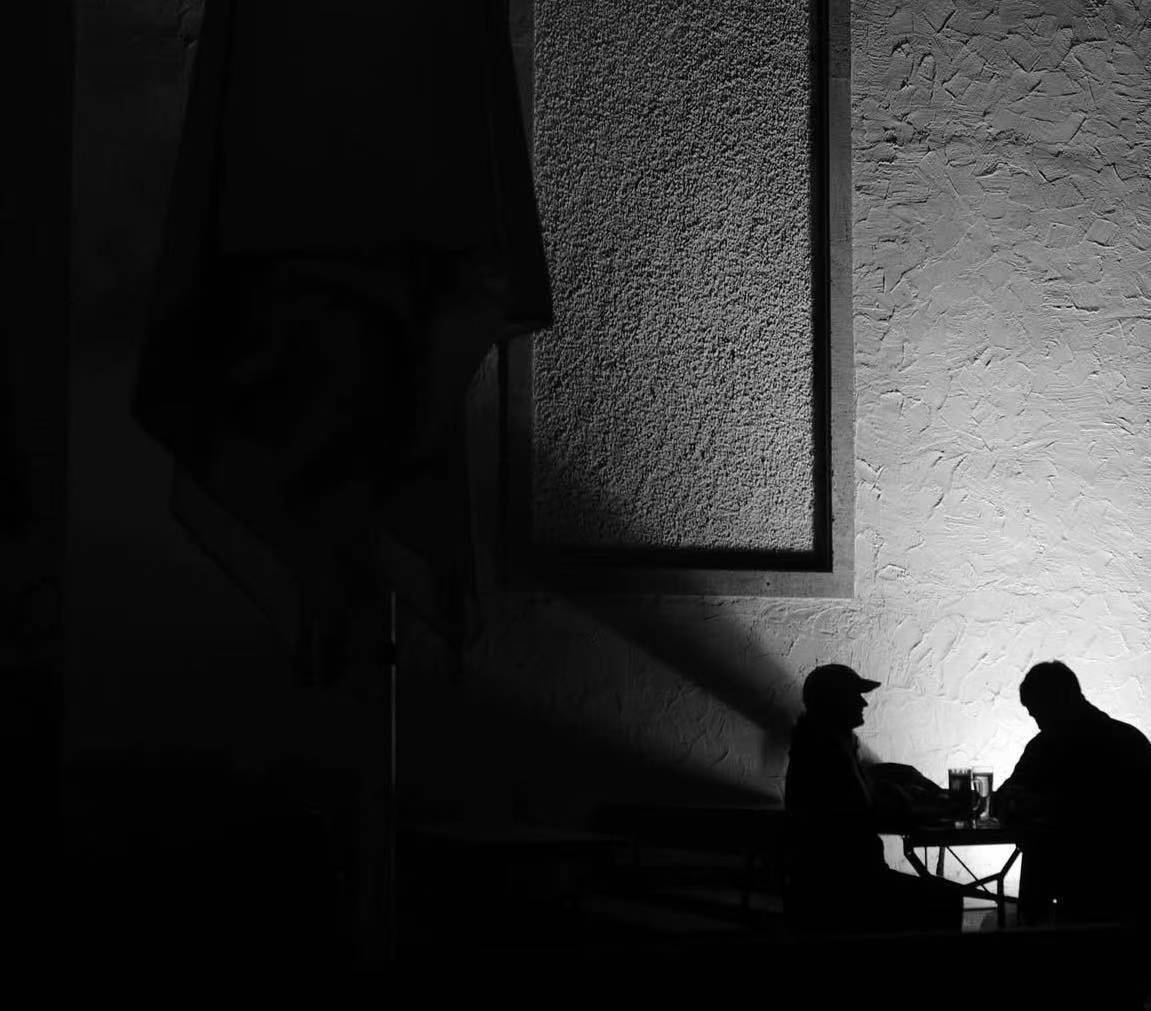本自具足
Click here to view Chinese version

When we speak of love, most people think of warmth and selflessness, of a sacred devotion.
And yet, love is often misunderstood. At times, it disguises itself as something else: the dissolution of boundaries, the merging of souls.
In such a state, the self becomes blurred, the soul sinks into unconscious surrender. That is not love—it is fusion and merging.
Tragically, many highly empathic people confuse the two. They believe their ability to feel deeply makes them more loving, when in truth, that sensitivity leaves them more easily permeated.
The sensitive one always hears what others do not say, always feels the unspoken pain of those around them.
They believe this is empathy.
But what if it is, in truth, a kind of possession?
Empaths often assume they are acting out of goodness. Yet their kindness is sometimes only a mask—an archetypal force moving through them, one not working for their benefit.
True love preserves the integrity and independence of the self. It allows each soul to meet as whole, distinct beings.
Fusion is different. It erases distinction, drowning the self in another’s emotional waters.
And where there are no boundaries, there can be no individuation.
To become a whole self, one must clearly discern: This is me, that is you.
Yet many, trained by trauma, learn to cross boundaries.
They believe they are saving others, often saying: “I just love too much.”
But that is often a self-destructive love. It is not sacred—it is an illusion woven by a wounded soul, terrified of separation.
True love arises from wholeness, not from trauma.
So, what drives empaths again and again into fusion?
The answer lies in the shadow.
The shadow is not only the dark traits we reject, but also the root of our motives. For empaths, it is often a deep fear of abandonment.
And so, they become everything another person needs, feel everything another person feels—until they lose themselves entirely.
This is not empathy—it is emotional possession.
Empaths are swallowed by the emotional fields of others, carrying their pain, absorbing their trauma. It makes them feel useful, valuable. But this is only the ego’s trick—keeping them from facing their own pain.
So they say, “I love you.”
But what if it is only a way to escape themselves?
Many empaths share a similar childhood: growing up in unstable or narcissistic households, where the emotions of others always came first.
Thus empathy was never a gift—it was a strategy. A survival mechanism to maintain harmony in chaos.
The child became a sponge, absorbing and enduring, not by choice but by necessity. As adults, they mistake this adaptation for something sacred, overlooking its danger. For if one is not rooted in their own soul, what they give is not love but need—not care, but dependency.
And merge is not intimacy. It is only the disappearance of the self disguised as connection.
You must return to the archetype of the Self.
The Self is not a mask, nor the small ego, but the organizing principle of the psyche—the source from which all true love flows.
When you are connected to the Self, you no longer need to dissolve into others to feel alive.
For you are already complete.
But to reach the Self, you must pass through the valley of the shadow.
You must face the fear: If I do not give everything, they will leave. You must unmask the lie: If I set boundaries, I will lose love.
These are only the scripts of the wounded inner child. Do you not see that you are abandoning yourself in the name of love?
Such giving often ends in silent anger.
The lament arises: Why did they not give back?
Because you never taught them how. Because you chose merge over relationship, sacrifice over selfhood. And so they took — not out of malice, but because you allowed it.
Step back, observe the pattern: Whom do you attract? The broken, the narcissistic, the chaotic.
Why? Because your unconscious believes that by healing others, you will heal yourself. But this only deepens your emptiness.
You are not here to be devoured by the world. You are here to become a world of your own.
The path of individuation is the separation from undifferentiated chaos, the becoming of an independent vessel.
Stare too long into another’s soul, and you forget who you are—becoming only a ghost in their emotional landscape.
The way forward is not to feel less, but to root more deeply in yourself.
To learn boundaries. To feel, but not fuse.
And above all: to give yourself the same compassion you so freely give others. For beneath the impulse to merge lies a forgotten child, still longing to be seen. Only when you turn toward them—becoming the mother, the father, the sacred guardian they never had—will you truly understand:
Love is not merging. Love is the hand extended from a whole self. You are, and have always been—already complete within.
